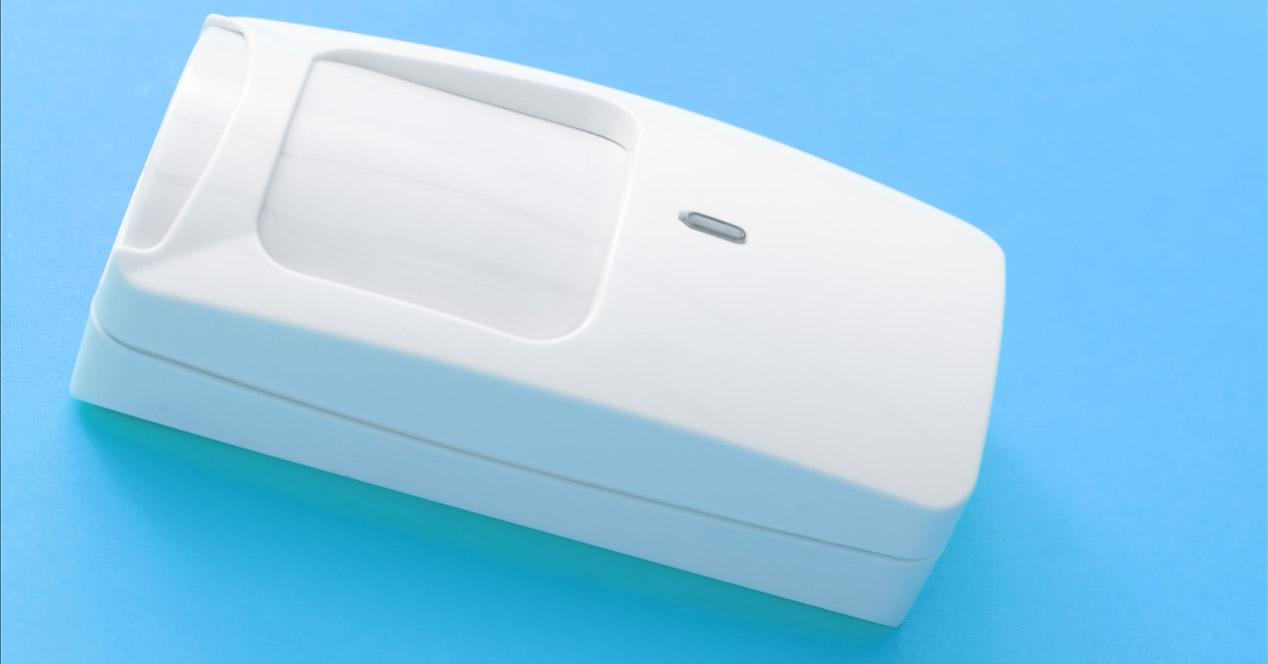To save on electricity bill each month we can take into account certain tips that can be useful. It is very common to read about motion or presence sensors and how they can help save electricity. Now, does it really help us save energy or is it something that we are hardly going to notice? In this article we are going to deal with this topic, so that you can check if it is really going to help you spend less in your case.
Occupancy sensors do not always save energy
First of all, let’s talk briefly about what a presence or movement sensor. It is basically a sensor that we are going to place somewhere and it is used to activate something, generally lights, as soon as it detects that there is presence. For example, that the light in a room turns on when we enter and turns off when we leave.
But the question is whether it really helps us save energy. We can say yes, but also no; Everything will depend on where you are going to place it and if you are really going to use it. When would it be useful to use motion sensors to turn lights on or off? The ideal is to put it in areas where there is a lot of movement of people.
For example, you can put them at the entrance of a building, a garage, an office corridor… Places where many people pass at the end of the day and this will avoid having to turn lights on and off and that, inevitably, they remain on longer than necessary due to forgetfulness in many cases.
But in one living place, in a common house, it is difficult for it to really help us save energy. He thinks that the light doesn’t always turn off immediately after leaving a room, so it’s going to take a little longer than just flipping the switch. Therefore, at the domestic level it could only help to save energy if we constantly forget to turn off the lights when we leave a room.
Motion sensor to turn off appliances
A different case is that of using movement sensors to be able to turn off different appliances, such as a stove. There are smart plugs that have a movement sensor and are activated or deactivated when someone passes by. They are usually adjustable and you can configure them to react in a few seconds or wait a few minutes.
You can see some options:
The idea of these integrated motion sensors in smart plugs It is to turn off something that consumes a lot when we leave the room or even the house. If some time passes and we haven’t returned, it directly turns it off. It could be useful, for example, in a stove that you have in a room and you only want it to be plugged in when you are there. If, for example, you leave the room to go eat or leave the house for a while and forget to turn it off, the motion sensor will have detected that you left the room and will turn off that stove.
In those cases, motion sensors are really useful to save on the electricity bill at home. We have given the example of a stove, but you can really connect any other appliance. You can even control it remotely, since it connects to the Wi-Fi network. You must optimize the Internet connection and avoid failures.
In short, as you can see, you can save on your electricity bill by using motion or presence sensors. Of course, it will not always really help this objective. You must analyze if you are really interested or in your case you will not have any improvement.


